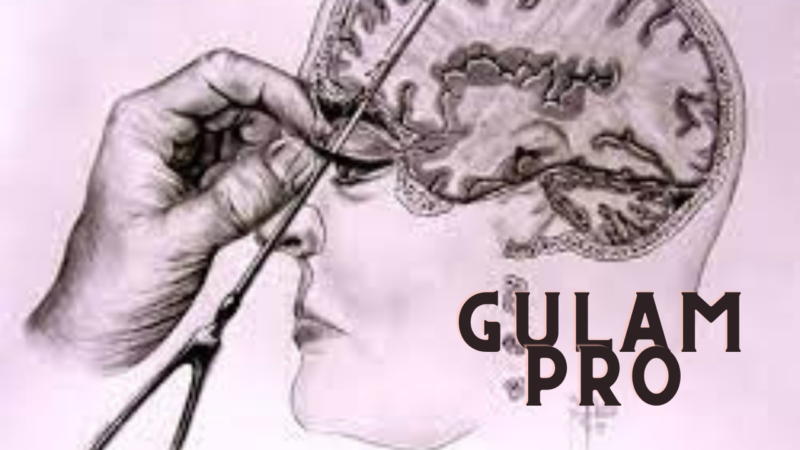A Melodious Journey Through allama iqbal shayari: Unveiling the Bard of Islam and Self

A name synonymous with Urdu poetry, allama iqbal shayari occupies a unique space in the literary landscape. He wasn’t just a gifted wordsmith, but a philosopher, thinker, and revolutionary who wielded the power of verse to inspire generations. And at the heart of his legacy lies the exquisite symphony of his shayari – poems pulsating with profound themes, mesmerizing imagery, and a passionate yearning for self-discovery and collective upliftment.
Delving into the Depths:
1. Themes that Transcend Time:
Iqbal’s shayari traverses a vast terrain of themes, resonating with audiences across cultures and eras. The quest for a meaningful life, the struggle against oppression, the pursuit of knowledge, and the unwavering faith in the divine are woven into the tapestry of his verses. He champions self-reliance, urging individuals to rise above their limitations and carve their own destinies.
2. From Tasawwuf to Nationalism:
Influenced by Islamic mysticism (tasawwuf) and European philosophy, Iqbal’s poetry pulsates with a deep understanding of spirituality. He seamlessly blends the essence of Islam with calls for social justice and political awakening.
3. The Enchantment of Language:
Iqbal’s mastery of Urdu is unparalleled. He manipulates words with unparalleled dexterity, employing metaphors, similes, and personification to paint vivid pictures and evoke a kaleidoscope of emotions. His verses sing with lyrical beauty, echoing the melodies of the qawwali, a Sufi devotional music genre.
4. A Bridge Between East and West:
Iqbal’s unique position as a scholar steeped in both Eastern and Western traditions allowed him to bridge the cultural and philosophical divides. He championed the idea of intellectual and cultural exchange, advocating for a harmonious blend of traditional values with modern advancements.
5. The Spark of Revolution:
Iqbal’s poetry served as a catalyst for the independence movements in both India and Pakistan. His verses resonated with the aspirations of millions, fueling the fire of freedom and self-determination. His most enduring legacy, the iconic “Tarana-e-Milli,” became the national anthem of Pakistan, a testament to his profound impact on the subcontinent’s political landscape.
Unveiling the Masterpieces:
1. Shikwa and Jawab-Shikwa:
These two poems form a poignant dialogue between the poet and God. “Shikwa” expresses the disillusionment and despair felt by the Muslim ummah, questioning its decline and seeking divine guidance. “Jawab-Shikwa” offers a powerful response, urging Muslims to rediscover their inner strength and reclaim their lost glory.
2. Khudi:
This seminal poem delves into the concept of selfhood, advocating for the development of a strong and independent “khudi” (ego). It emphasizes the importance of self-belief, resilience, and the pursuit of self-actualization.
3. Gul-i-Raushan:
A collection of patriotic poems, Gul-i-Raushan celebrates the beauty and potential of the Muslim world. It calls for unity, self-awareness, and a return to the core values of Islam.
4. Asrar-e-Khudi and Rumuz-e-Bekhudi:
These philosophical treatises, presented in poetic form, explore the intricacies of the human self and the divine mystery. They offer profound insights into the relationship between the individual and the cosmos, encouraging introspection and spiritual evolution.
5. Bal-e-Jibril:
This collection of poems addresses a range of social and political issues, urging Muslims to embrace knowledge, education, and scientific progress. It advocates for a modern Islamic society that can engage with the world with confidence and contribute to the advancement of humanity.
Beyond the Words:
1. Iqbal’s Enduring Legacy:
Allama Iqbal’s impact extends far beyond the realm of poetry. He is revered as a spiritual guide, a political philosopher, and a cultural icon. His work continues to inspire Muslims around the world, offering solace, guidance, and a call to action.
2. Reinterpreting Iqbal for the Modern Age:
While some aspects of Iqbal’s work might be rooted in a specific historical context, the core themes of his poetry remain relevant to contemporary challenges. By engaging critically with his verses, we can reinterpret them for the modern age, finding answers to questions about selfhood, faith, and social justice.
3. Preserving the Power of Poetry:
Iqbal’s shayari serves as a reminder of the transformative power of language. In an age dominated by technology and soundbites, his verses offer a refuge for reflection, introspection, and spiritual growth. It is our responsibility to preserve this rich literary heritage and continue to explore the depths of meaning it holds.






